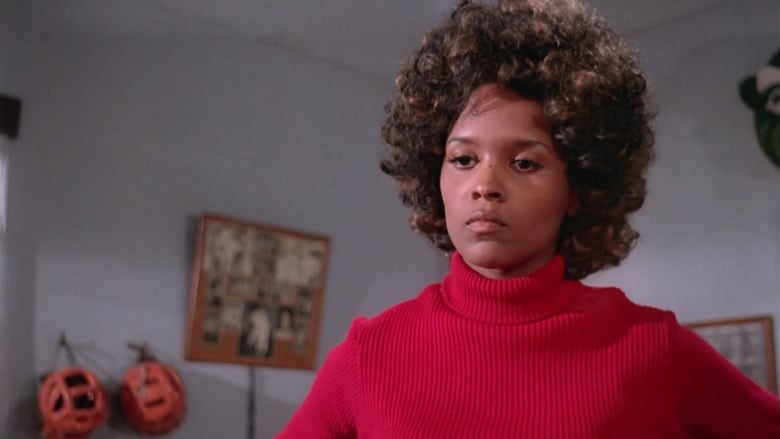
/01-tnt-jackson.jpg)
Oddly, I had never thought of myself as a feminist. In her autobiography Taste of Power: A Black Woman’s Story, Black Power activist and former chairperson of the Black Panther Party, Elaine Brown recalls that many men in the Party were sure that she was a “man-hating lesbian” (367). An analysis of 1960s and 1970s blaxploitation productions exemplifies this general male interest in demoting female camaraderie by emphasising difference based on race, moral and sexual preference. It is clear that black women identified in varying ways with the Black Power and women’s liberation movements. She argued that “the most popular justification Black women had for not becoming feminists was their hatred of white women”, a distinction that pleased black men (7).

In contrast, cultural race theorist Michele Wallace wrote in a 1975 article entitled “A Black Feminist’s Search for Sisterhood” about her quest for sisterhood and feminism: “the message of the Black Movement was that I was being watched, on probation as a black woman, that any sign of aggressiveness, intelligence, or independence would mean that I’d be denied even the one role still left open for me as ‘my man’s woman’” (6–7). Tamara Dobson, upon the release of Cleopatra Jones (Jack Starrett, 1973), expressed her disinterest with the women’s movement, arguing that her action heroine character in the film was “not a women’s libber” but was rather “defending an important freedom for her people: the freedom to exist without drugs” (Klemesrud). The stigma that’s been placed on you because you’re black gives you enough kill to get you through the woman thing … it’s much tougher being black than being a woman. It’s because I am black … before see me as being female, they see me as being black. I have been discriminated against, but not because I’m a woman.

T.n.t. jackson 1974 free#
I don’t believe in for black people … we’re trying to free our black men … I like being a woman. Who’s Got the “Reel” Power? The Problem of Female Antagonisms in Blaxploitation Cinema Melissa DeAnn Seifert


 0 kommentar(er)
0 kommentar(er)
